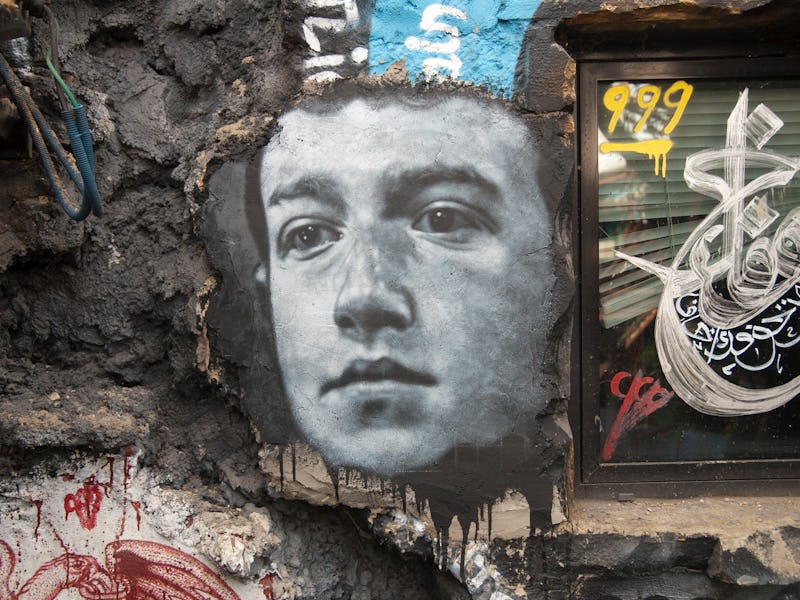Facebook's Publishing Initiative Shows It No Longer Takes Twitter Seriously
Want to Tweet a 'New York Times' article in your newsfeed? Zuckerberg don't care.

Members of the media are grumbling this morning because they're awake and that's what they do and because of a story about a story about the death of a would-be Olympic gymnast that The New York Times has published directly to Facebook. The first of the "Instant Articles," the piece, which is well-reported in a sort of beside the point way, represents the social titan's amazing ability to have an industry and eat it too. But what's most remarkable is the sharing functions within the article interface, a product of a negotiation with the publisher.
Want to share something to Twitter? No problem. Facebook has you covered.
Fundamentally, the differing fortunes of the two social media companies has everything to do with their relationship with the media. Twitter is a newsroom tool reporters use to find stories, cultivate new sources, and make each other laugh in that very specific way that might lead to future employment opportunities. Facebook, on the other hand, is a publishing tool that drives traffic. Being in the publishing business is better than being in the writing business — if you care about money anyway. Ask a reporter if they would trade paychecks with their publisher and nine times out of ten they'll say yes. The tenth time, they'll say yes while cleaning out their desk.
What’s interesting is the ways in which Twitter and Facebook now mirror the dual cultures of publishing. Journalists have prestige and a soapbox while publishers and ad sales people have cars and the ability to pay off their mortgages. It is that profitable culture that keeps the culture of journalism alive, but dependent.
Facebook was negotiating with The Grey Lady (and National Geographic and The Atlantic and The Guardian) from a position of power, but it's clear that Zuckerberg was comfortable offering concessions. Makes sense. The OG social site is less concerned with putting Twitter out of business than it is in completing its takeover of the content industry. Instant Articles show the impossibly wide range of Facebook-native content (from your cousin's racist ramblings to Pulitzer bait) and points to a future in which social media is more integral to individual's media consumption than the internet itself.
That future has arrived for Facebook and it hasn’t for Twitter, which is why Twitter no longer represents real competition. Twitter doesn’t suffer by comparison to Facebook; there’s just no point in comparing it at all.